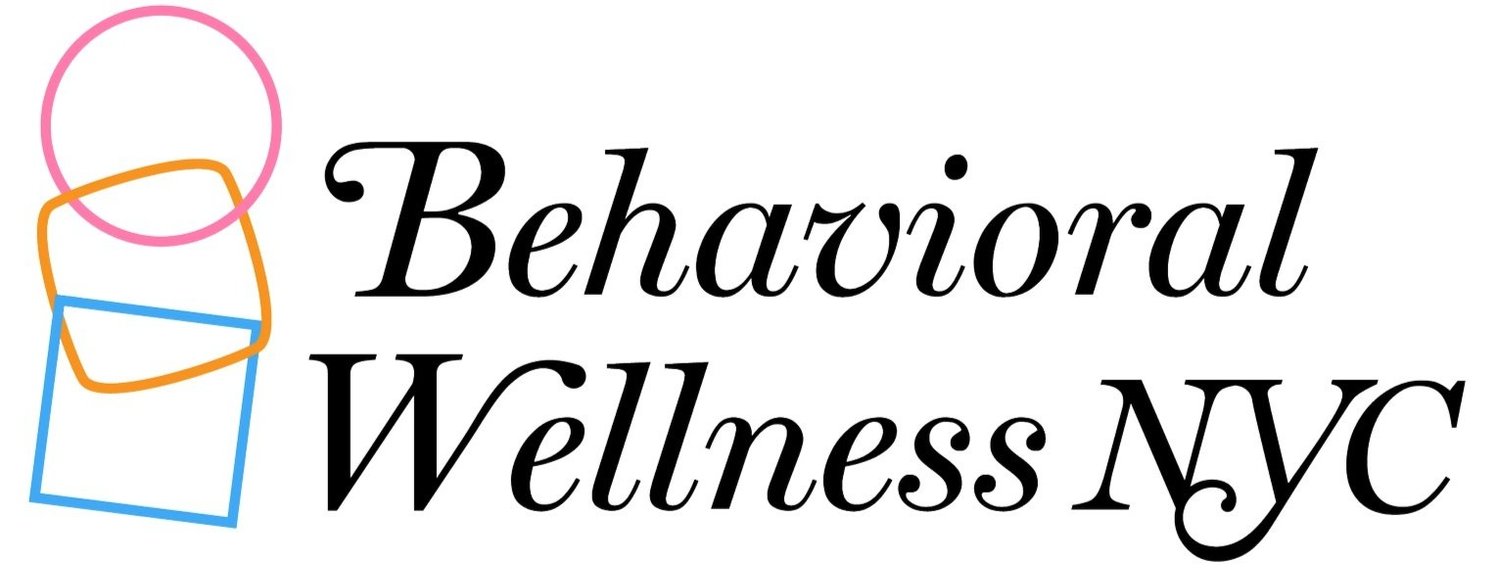Cognitive Behavioral Therapy
Cognitive Behavioral Therapy (CBT) is an evidenced-based treatment that is based upon the assumption that there are reciprocal links between our emotions, thoughts, physiological sensations, and behaviors. Using CBT, emotions and situations that have become difficult or painful are evaluated with respect to any unhelpful thinking and/or behavioral responses that undermine effective coping and exaggerate distress. CBT is a goal-oriented, solution-focused, and collaborative process, whereby clients are taught a range of coping skills to develop new patterns of thinking, behaving and responding to emotions. Sessions also focus on how clients can generalize these skills to other and/or new distressful emotions and situations, with the aim of enhancing general life satisfaction. CBT has been shown in research to be effective for a range of problems and diagnoses in children, adolescents, and adults.
Treatment is time-limited, varying in length depending on the presenting problem, and can involve one or more of the following modalities: individual therapy, family therapy, group therapy, and/or parent training. Sessions are typically 45-minutes per week, 1-2 times per week. We provide individual CBT to children, adolescents, and adults for the treatment of trauma, anxiety, depression and instability of mood, anger, stress management, and difficulties adjusting to major life stressors and changes. We also use CBT for the treatment of couples, parents and families having relationship and communication problems.
Dialectical Behavior Therapy
Dialectical Behavior Therapy (DBT) is an evidenced-based and specific type of cognitive behavioral treatment that was initially developed by Marsha Linehan, Ph.D., for the treatment of suicidal and self-injurious individuals diagnosed with Borderline Personality Disorder (BPD). It has since been modified and widely adopted for individuals with other psychological problems, such as eating disorders, substance use, and anger management, and there is a large body of evidence supporting its use for both adolescents and adults. Most broadly, DBT is designed to help people who have difficulty managing particularly intense emotions. Difficulties managing intense emotions are often related to difficulties understanding oneself and meeting personal life goals, impulsive and/or self-destructive behaviors, and conflict in interpersonal relationships. DBT is a comprehensive treatment that includes individual therapy, skills training, and between-session phone coaching to address all of these difficulties. It is both compassionate and change-focused, with an overall goal of helping clients who are experiencing significant pain to create a life worth living.
In DBT, each client participates in three modalities of treatment:
Individual therapy (typically 45-minute sessions, once or twice weekly)
Skills training group (once weekly)
Phone coaching, as needed
When DBT is provided to adolescents, the skills groups include both the adolescent and his/her caregivers. Many times, DBT with adolescents also includes parenting sessions. We provide individual therapy and skills coaching with adults and adolescents. We also currently run skills groups for adults (more about the group). For adolescents and/or for adults for whom our group is not a good fit for any reason, we provide referral(s) for skills groups run by clinicians with whom they can closely collaborate. We also all see parents whose young adult and adolescent children are being seen by other clinicians for individual DBT and want added support around the use of parenting skills.
DBT Groups
We currently run two different, regular DBT skills groups for adults of all ages. Group members are either in comprehensive DBT within our practice or have been referred by clinicians outside of our practice, with whom we can closely collaborate. These groups meets for 90 minutes and covers all DBT skills modules, including: Core Mindfulness, Emotion Regulation, Distress Tolerance, and Interpersonal Effectiveness. Entry points for clients for whom the groups are determined to be a good fit are at the start of each skills module.
We also run one weekly DBT graduate group for those who have completed 2 full cycles of a standard DBT group. The aim of this group is to reinforce practice and mastery of DBT skills within a supportive and collaborative environment. Members take an active role in providing each other feedback and in choosing teaching topics.
Parenting
Parents of children who are having emotional and behavioral difficulties often experience significant distress themselves, and have difficulty figuring out the most effective ways to communicate, set limits and support their child(ren). Parenting work can be an important adjunct or component to children’s treatment, in both CBT and DBT. In our work with parents, the goals are to increase parents’ satisfaction and comfort in their relationship with their child(ren) and to teach them skills that help increase or support their child(ren)’s best behavior. These skills may include behavior modification, contingency management problem-solving, and communication strategies, as well as strategies that help parents increase mindfulness and regulate their own emotions in the context of parenting. Parenting sessions are typically 45 minutes, once weekly or twice monthly.
Virtual Reality Therapy (VRT)
We provide Virtual Reality Therapy (VRT) as an adjunctive form of treatment to help empower individuals on their path to mental health and well-being. VRT leverages state-of-the-art virtual environments and evidence-based protocols to tailor therapeutic experiences for each individual. This innovative approach to mental health treatment works by creating realistic, immersive environments that enable individuals to confront and manage various psychological challenges.
VRT has shown promising results across a spectrum of mental health disorders including anxiety disorders (phobias and specific fears), post-traumatic stress disorder (PTSD), obsessive compulsive disorder, and depression. It can also be used to practice mindfulness, attentional control, and physiological relaxation techniques in an immersive setting.
During a VRT session, a client will use a specialized headset or their phone to explore and interact with tailored scenarios that help facilitate therapeutic interventions. We use a platform that allows for sessions to be conducted both in-person and remotely via an app on your phone. These sessions are typically one hour to allow for full engagement in the virtual environment and additional time to reflect on new learning with your therapist.
Professional Consultation and Trainings
For other mental health practitioners….
We provide professional trainings and clinical workshops to practices and/or agencies interested in learning more about CBT and DBT. Training session topics vary according to need, and have included an introduction to DBT in private practice, CBT techniques for treating specific types of childhood anxiety, and strategies for working with suicidality, self-injury and complex trauma.
We also provide individual professional consultation to other professionals practicing therapy, who are seeking support and feedback in implementing CBT, DBT and mindfulness in their own practice. The frequency, focus and nature of consultation is based upon a collaborative assessment of needs.
Social Justice and CBT: We also specifically provide a facilitated seminar-style workshop on social justice and its application within the clinical context. Relevant topics include discussion of identity in therapeutic work, culturally responsive modifications to CBT-based techniques, and guidelines for supporting our clients with minoritized identities. This session includes Q&A and consultation on treating clients using a social justice-oriented lens.
For schools and community agencies…
In an effort to increase access to evidence-based coping skills, we offer skills-based workshops to parents and/or adolescents and underserved communities for a variety of emotional and mental health issues at a nominal fee. We also offer clinical trainings to school staff to address the emotional and mental health needs of their students.
For businesses…
We offer skills-focused clinical workshops to large and small businesses to support wellness and interpersonal relationships in the workplace. Topics are determined in collaboration with businesses based on an initial needs assessment.
If you are a professional looking to coordinate a training for your school or agency, we would be very happy to discuss your interests and needs.






